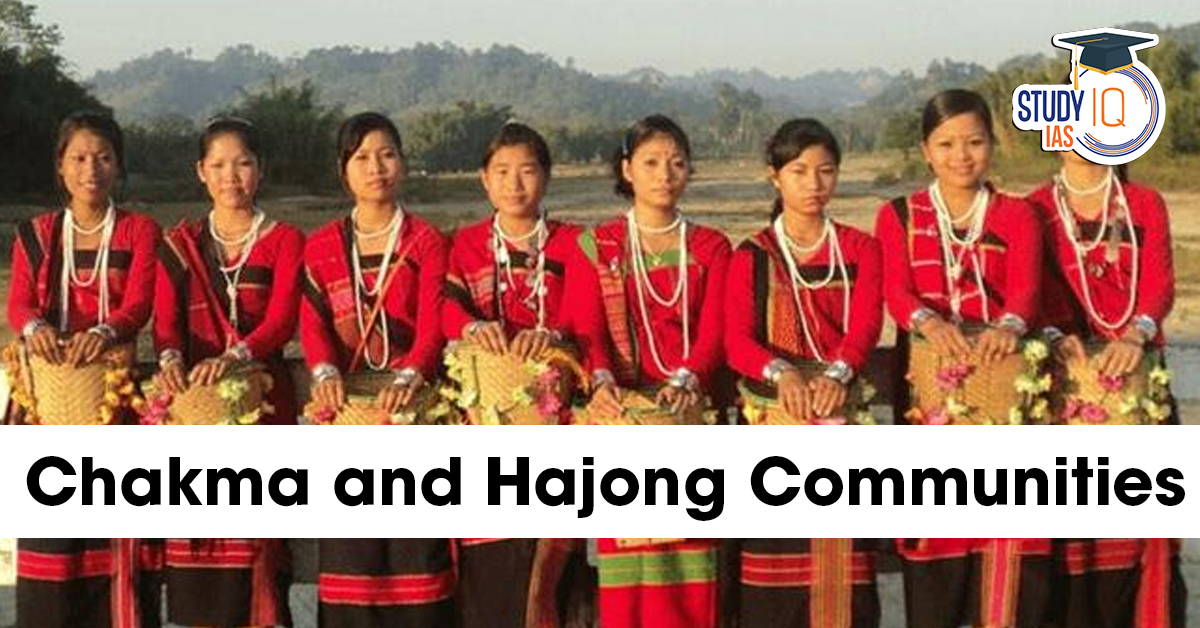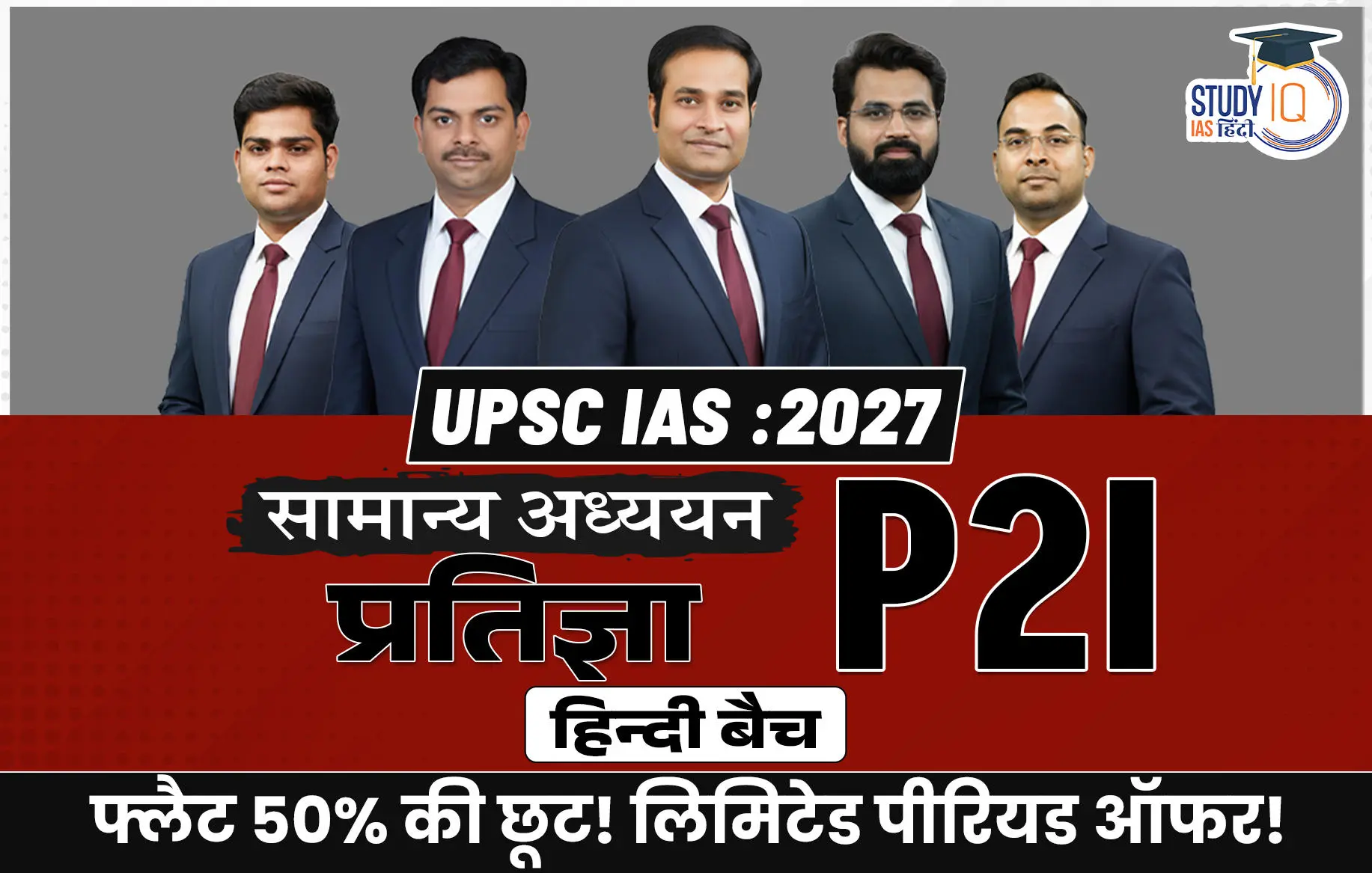Table of Contents
Context: A rights activist warned Arunachal Pradesh officials against violating the Supreme Court’s 1996 judgment protecting the Chakma and Hajong Communities, amid fresh calls for deportation and land record reviews.
Who are the Chakma and Hajong Communities?
- Chakmas are predominantly Buddhist, while Hajongs are Hindus.
- Originally from the Chittagong Hill Tracts of East Pakistan (now Bangladesh).
- They fled to India in the early 1960s due to:
- Displacement from the Kaptai Dam project
- Religious persecution of minorities in East Pakistan
- The Indian government resettled over 14,000 of them in Arunachal Pradesh (then NEFA – North-East Frontier Agency) between 1964–1969.
- Estimated population now: 65,000+, mostly in Changlang district of Arunachal Pradesh.
1996 Supreme Court Judgment (NHRC v. State of Arunachal Pradesh)
- The State government must protect the life and personal liberty of each Chakma and Hajong person.
- Any form of threats, eviction notices, or violence issued by local groups or bodies is unlawful.
- Court observed that “quit notices” by groups like AAPSU are equivalent to a threat to life and liberty and must be dealt with strictly under the law.
- Ordered the Centre and State to process citizenship applications of Chakma-Hajongs under Section 5(1)(a) of the Citizenship Act, 1955 (naturalization based on birth in India before 1987).
Controversy and Local Opposition
- Several tribal groups in Arunachal Pradesh, especially AAPSU, have opposed the permanent settlement of Chakma-Hajong communities.
- Concerns include:
- Demographic changes
- Pressure on land and resources
- Loss of tribal identity and rights under Article 371(H)
- Demands for their deportation or relocation outside the state are frequently raised, despite SC’s protection.
Legal and Constitutional Dimensions
- Article 21 – Right to Life and Liberty applies to all persons, not just citizens.
- Contempt of Court – Disregard for SC orders may attract contempt charges.
- Citizenship Act, 1955 – They qualify for Indian citizenship under certain provisions due to long-term residence.
- Human Rights obligations – India is a party to international conventions that prohibit statelessness and forced eviction.


 Ancient Buddhist Site Discovered in Kash...
Ancient Buddhist Site Discovered in Kash...
 Poompuhar Port: Ancient Sangam-Era Marit...
Poompuhar Port: Ancient Sangam-Era Marit...
 UNESCO World Heritage Sites of India Lis...
UNESCO World Heritage Sites of India Lis...




















